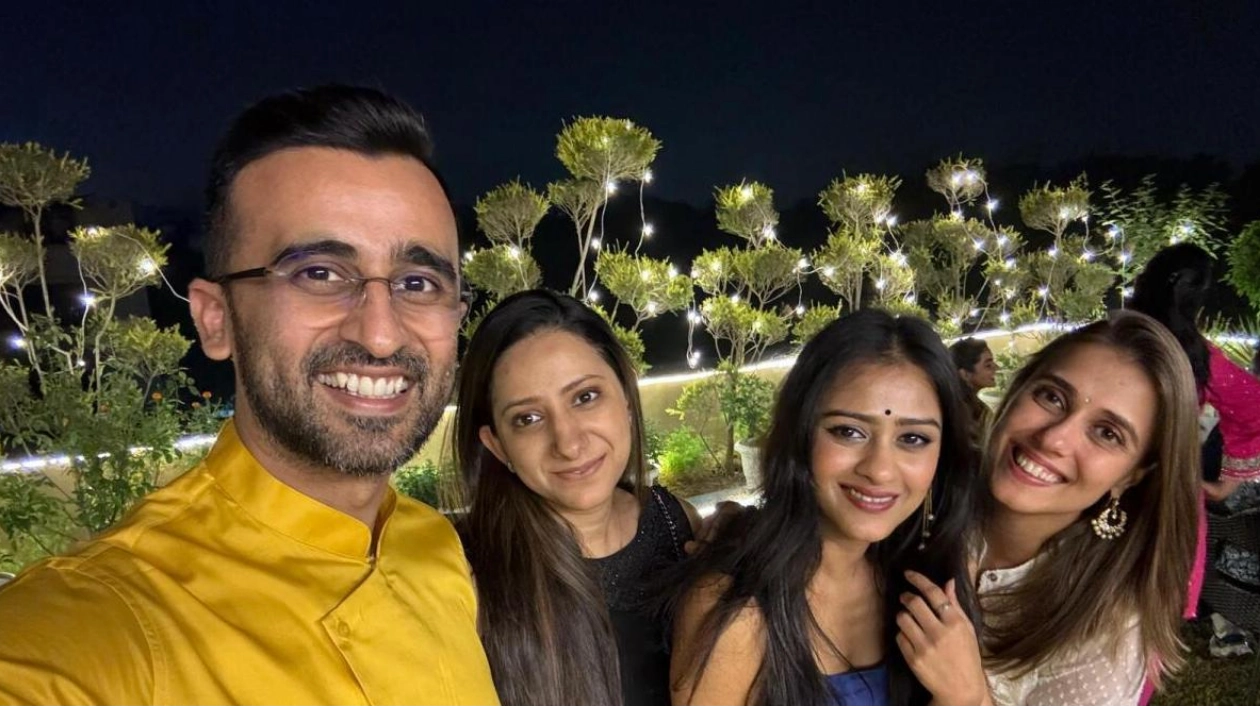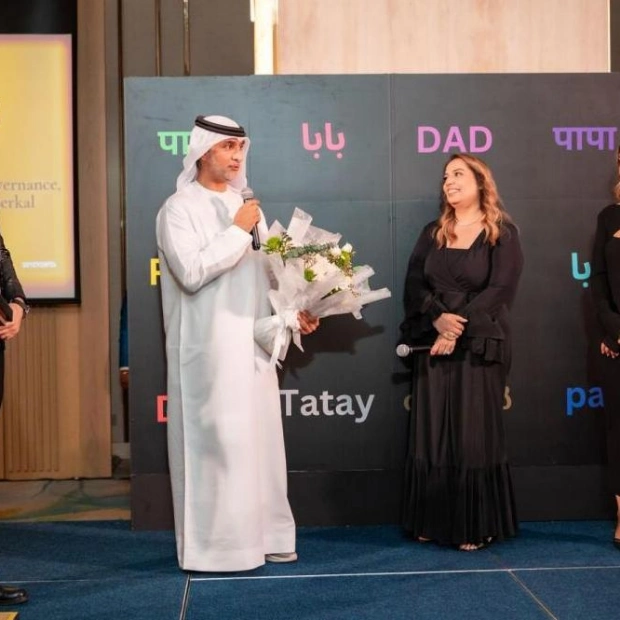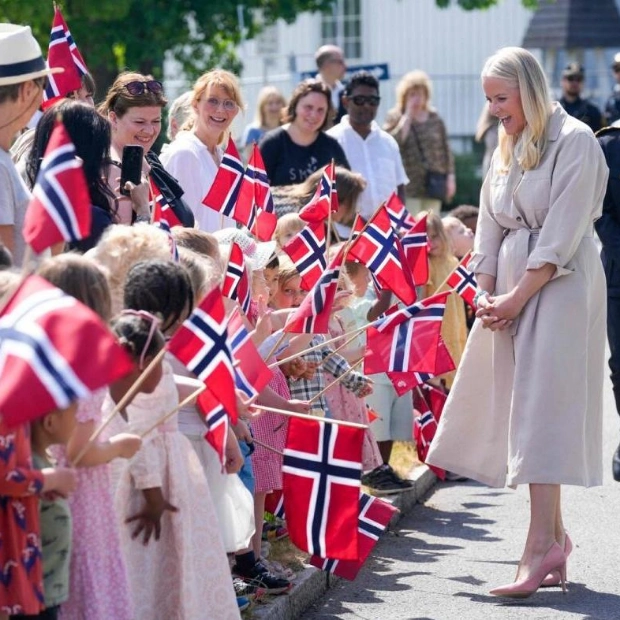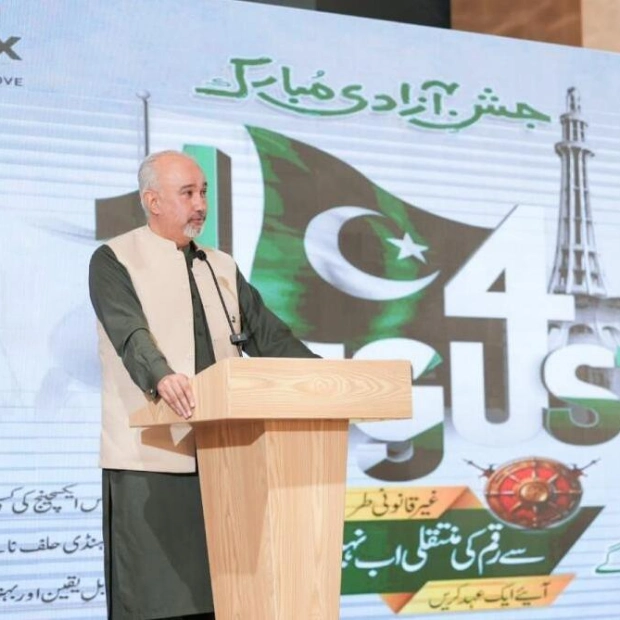Yatin K Thakur with his family
My memories of Diwali are steeped in smoke and embers. As sparklers exploded into a kaleidoscope of colors and faded into nothingness, it was the dark cloud of smog that lingered in my mind. It wasn't a gloomy day by any means. It was a time for family and friends, filled with laughter from playful pranks, an abundance of delicious sweets and dishes, and dazzling outfits that made everyone feel special. This year, the Festival of Lights, or Diwali, falls on October 31 and November 1. The festival symbolizes the triumph of light over darkness, good over evil, and knowledge over ignorance. So, it's natural to ask: In a world plagued by waste, where the average person consumes plastic equivalent to a credit card weekly, and climate change becomes an ever-growing concern, can we celebrate a people-centric holiday sustainably?
Anita Nair
Absolutely, says Batul Tambawala, co-founder of Dubai-based brand Upcycle. "The first step is to host parties with simple, just-enough food for your guests." She also emphasizes the importance of using real, non-disposable crockery and cutlery. "We generate a lot of waste with disposables, even those labeled eco-friendly. When they decompose, they release greenhouse gases similar to other plastics and end up in landfills," she explains. Decorations can also contribute to waste. "Many small businesses offer organic powders, like turmeric for yellow or beetroot for red, perfect for rangoli," she adds. Fifty-one-year-old Indian expat Anita Nair avoids crackers for their hazards. "Crackers cause air and noise pollution, posing health risks to babies and pets. Instead, we use diyas to light our homes."
Batul Tambawala
Ankit Gupta, a 36-year-old Indian, is dedicated to sustainability. "I avoid plastic cutlery and disposable dishes at my Diwali parties and choose eco-friendly gifts," he says. Desserts are a significant part of Diwali celebrations. For some, like Nair, the key to sustainability is making sweets at home and distributing them in steel or glass containers. Diwali is also a time for gift exchanges. Nair prefers giving potted plants instead of materialistic gifts. The packaging is also crucial. "We reuse packing materials from home," says Kanchan Alimchandani, a 30-year-old Indian expat in the UAE.
Kanchan Alimchandani (in yellow)
Anupama Kaushik, co-owner of Upcycle, lives sustainably. "I avoid plastic packaging and make Diwali sweets at home. For decorations, I use biodegradable materials and compost at home. I also avoid plastic water bottles at gatherings," she says. Tambawala recalls a Diwali where she refused disposable water bottles, opting instead to borrow large coolers filled with water. Yatin K. Thakur, 37, sums it up: "By choosing kindness over fireworks, eco-friendly decorations, and organic sweets, we celebrate in harmony with nature, reducing waste and conserving energy."
Source link: https://www.khaleejtimes.com






